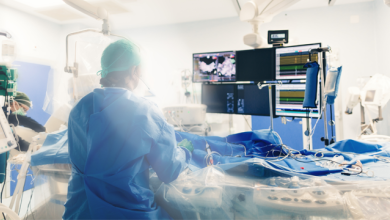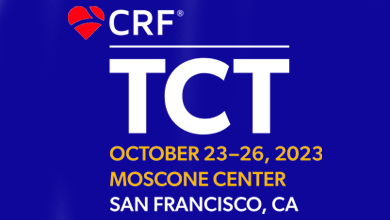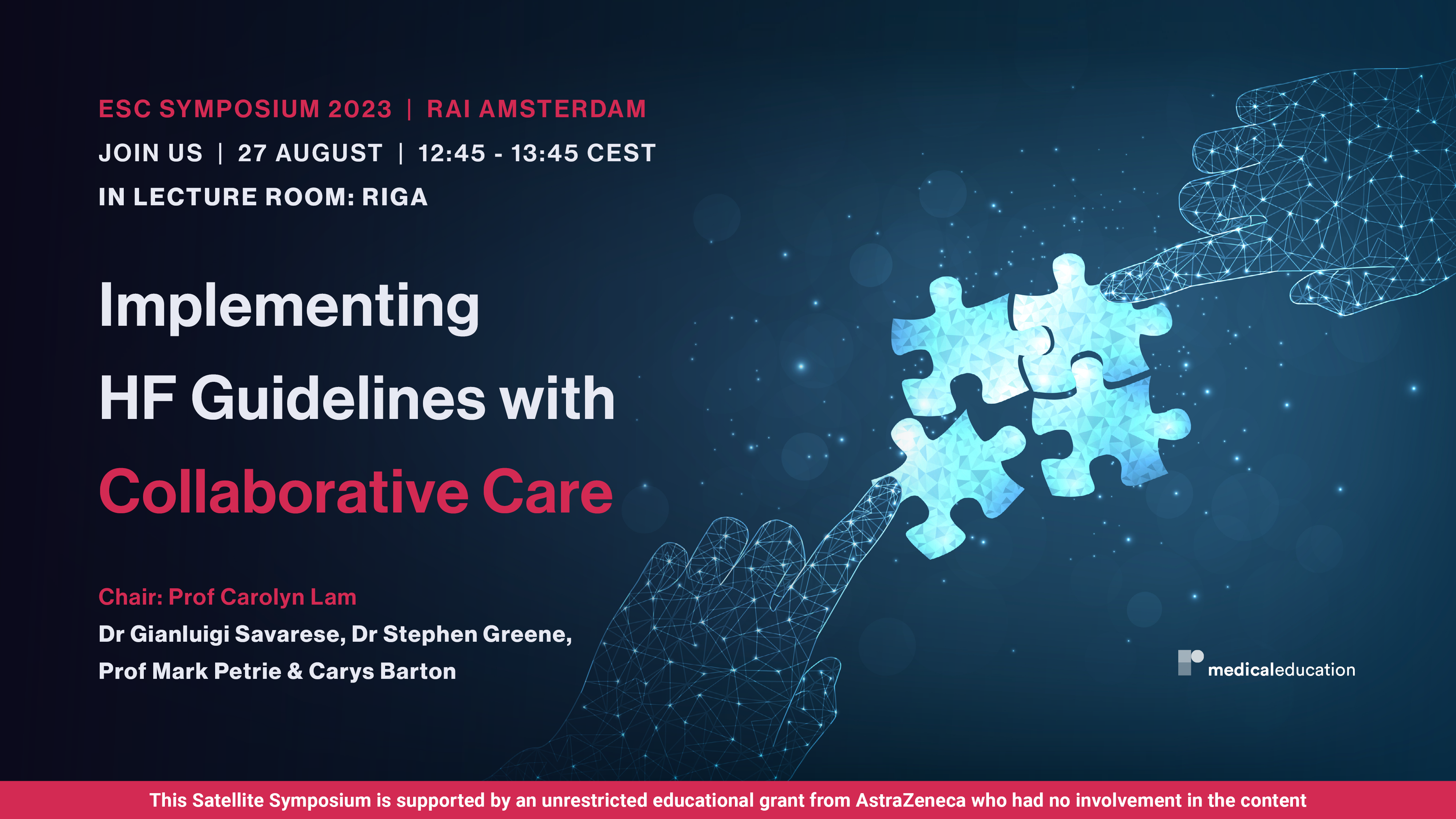Search results
Author(s):
Lisa WM Leung
,
Zaki Akhtar
,
Christos Kontogiannis
,
et al
Added:
1 year ago
Author(s):
Rohin K Reddy
,
James P Howard
,
Yousif Ahmad
,
et al
Added:
4 months ago
Added:
6 months ago
Source:
Radcliffe Cardiology
Find out what's hot at TCT in this preview from Prof Nicolas Van Mieghem and Dr Joost Daemen
The Cardiovascular Research Foundation (CRF) has unveiled the late-breaking clinical trials scheduled for presentation at the 2023 Transcatheter Cardiovascular Therapeutics (TCT) annual meeting taking place from October 23 to 26 in San Francisco. TCT is renowned for showcasing groundbreaking research in…
View more
Start date:
Aug 27, 2023
End date:
Aug 27, 2023
Radcliffe Medical Education present a satellite symposium entitled ‘Implementing Heart Failure Guidelines with Collaborative Care’ at the ESC Congress 2023 in Amsterdam, NL. Join us in the Riga Lecture Room, or online, on Sunday 27 August 2023, from 12:45 to 13:45 CEST.
This session, chaired by Prof Carolyn Lam (National Heart Centre Singapore, SG), provides an excellent opportunity for…
View more
A Critical Reappraisal of the Current Clinical Indications to Cardiac Resynchronisation Therapy
Author(s):
Antonio Sorgente
,
Riccardo Cappato
Added:
3 years ago
Article
Author(s):
Angelo Auricchio
Added:
3 years ago
Despite the fact that more than 20 years have passed since the clinical introduction of cardiac resynchronisation therapy (CRT), one of the key questions – do we need an ICD for primary prevention of sudden cardiac death (SCD) in CRT patients? – is still unanswered.
Prospective Randomised Controlled Trials
Multiple prospective randomised controlled trials have been conducted to establish the…
View more
Author(s):
Steven Back
,
Peter R Kowey
Added:
3 years ago
Ventricular arrhythmias are a therapeutic challenge. They occur frequently in clinical practice, are found in patients with and without structural heart disease, and most importantly, are unpredictable and potentially deadly. Patients with a history of sustained ventricular tachycardia (VT) and VF or those at high risk for such arrhythmias, may require an ICD to prevent sudden cardiac arrest…
View more
Author(s):
Joshua R Silverstein
,
Demosthenes G Katritsis
,
Mark E Josephson
Added:
3 years ago
Sudden cardiac death (SCD) is one of the leading causes of death in developed countries. The yearly incidence of SCD is estimated to be 3,000,000 worldwide and between 300,000–450,000 in both the US and Western Europe.1,2 The survival rate for SCD is <1 % worldwide and close to 5 % in the developed world.3 In the past, cardiac arrest was thought to be most commonly due to ventricular…
View more
Author(s):
Geoffrey F Lewis
,
Michael R Gold
Added:
3 years ago
Since the introduction of CRT more than 20 years ago, its role in mild to severe systolic heart failure has become well established. CRT has been shown to decrease mortality, reduce heart failure hospitalisations and improve functional status in patients with NYHA class II–IV heart failure and QRS prolongation, most commonly with LBBB pattern.1 One of the major limitations of CRT implementation…
View more
Author(s):
Deepika Narasimha
,
Anne B Curtis
Added:
3 years ago
Implantable cardiac devices such as implantable cardioverter- defibrillators (ICDs) and cardiac resynchronisation therapy (CRT) devices lead to improved survival and better clinical outcomes in appropriately selected patients with heart failure (HF) with a reduced ejection fraction (EF). Although there are significant sex differences in the aetiology, pathophysiology and clinical course of HF,…
View more













